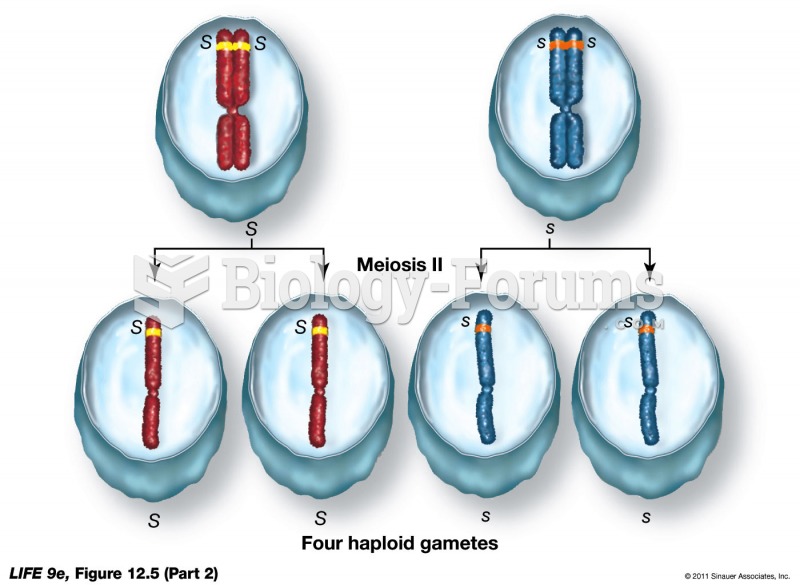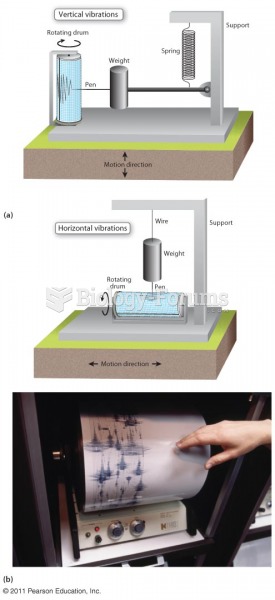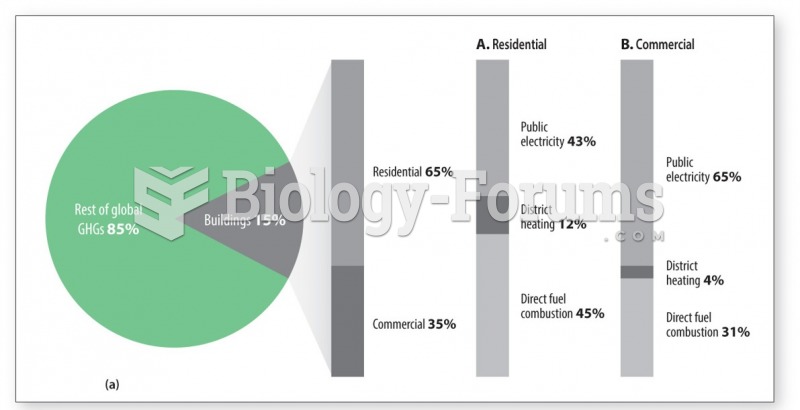Answer to Question 1
c
Answer to Question 2
1.
Activity Cost
Hierarchy Soft
Drinks Fresh
Snacks Packaged
Food
Total
Ordering
45 14; 24; 14
Delivery
41 12; 62; 19
Shelf-stocking
10.50 16; 172; 94
Customer support
0.09 4,600; 34,200; 10,750
Total budgeted indirect costs
Percentage of total indirect costs
Batch-level
Batch-level
Output-unit-level
Output-unit-level
630
492
168
414
1,704
12.5
1,080
2,542
1,806
3,078
8,506
62.7
630
779
987
968
3,364
24.8
2,340
3,813
2,961
4,460
13,574
Total indirect costs allocated
according to COGS
(30; 25; 45 13,574) 4,072 3,394 6,108
2. Refer to the last row of the table in requirement 1. Fresh snacks, which represents the smallest portion of COGS (25), is the product category that consumes the largest share (62.7) of the indirect resources. Fresh snacks demand the highest level of ordering, delivery, shelf-stocking, and customer support resources of all three product categoriesit has to be ordered, delivered, and stocked in small, perishable batches, and convenience store customers often require more assistance when purchasing.
3. An ABB approach recognizes how different products require different mixes of support activities. The relative percentage of how each product area uses the cost driver at each activity area is:
Activity Cost
Hierarchy Soft
Drinks Fresh
Snacks Packaged
Food
Total
Ordering
Delivery
Shelf-stocking
Customer support Batch-level
Batch-level
Output-unit-level
Output-unit-level 27
13
6
9 46
67
61
69 27
20
33
22 100
100
100
100
By recognizing these differences, Jiffy Mart's managers are better able to budget for different unit sales levels and different mixes of individual product-line items sold. Using a single cost driver (such as COGS) assumes homogeneity in the use of indirect costs (support activities) across product lines which does not occur at Jiffy Mart. If Jiffy Mart had used COGS to allocate costs, Fresh Snacks would have been allocated 25 of the indirect costs, much lower than the 62.7 of the indirect costs based on an analysis of the activities it actually uses. Other benefits cited by managers include: (1) better identification of resource needs, (2) clearer linking of costs with staff responsibilities, and (3) identification of budgetary slack.







